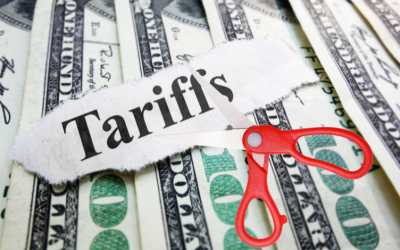The Reserve Bank of Fiji (RBF) has announced a significant milestone in the country’s financial sector with the integration of mobile wallets and bank accounts via the FIJICLEAR system, the backbone of Fiji’s National Payment System. This development enables Fijians to transfer funds instantly between mobile money platforms like M-PAiSA and MyCash, and traditional bank accounts, marking a significant step toward modernising Fiji’s payment infrastructure.
This initiative follows earlier advancements, such as the introduction of the Real-Time Gross Settlement System and Central Securities Depository in 2022, and the Automated Clearing House in 2023. The integration of mobile wallets into the banking system is expected to foster greater financial inclusion, allowing more Fijians—especially those who are unbanked or underbanked—to access the formal financial system.
RBF Governor Ariff Ali said this integration caters to the growing demand for faster, more convenient payment methods. By merging the two major mobile wallet providers with banking institutions, the system empowers small businesses, streamlines payments, and promotes financial accessibility for all Fijians. Chairperson of the Association of Banks in Fiji, Haroon Ali, echoed these sentiments, describing the move as a pivotal development for the region’s financial connectivity.
Mobile wallets have been instrumental in fostering cashless societies across the world, particularly in countries like India and Brazil, where they have transformed the financial landscape. In India, mobile payment platforms such as Paytm and Google Pay have revolutionized the way people conduct daily transactions. The Indian government’s push for digital payments through initiatives like Unified Payments Interface (UPI) has significantly reduced cash transactions. UPI enables users to transfer funds between mobile wallets and bank accounts instantly, much like Fiji’s FIJICLEAR system. This has been particularly impactful in rural areas, helping bridge the gap for those without traditional banking access.
Similarly, in Brazil, mobile wallets like PicPay and Mercado Pago have gained widespread adoption, contributing to the country’s shift towards a cashless economy. Brazil’s instant payment system, Pix, launched by the Central Bank in 2020, has further integrated mobile wallets into the formal financial system. Pix allows real-time transactions between mobile wallets and bank accounts, making payments more accessible and reducing reliance on cash.
With Fiji’s integration of mobile wallets and bank accounts, the country is now aligned with global trends in digital finance, providing its citizens with modern, efficient, and inclusive financial services. This initiative is expected to enhance convenience for businesses, particularly Micro, Small, and Medium Enterprises (MSMEs), by enabling seamless transactions between mobile wallets and bank accounts. As the RBF continues to explore new innovations, Fiji’s payment system is set to become increasingly competitive and accessible for all.



